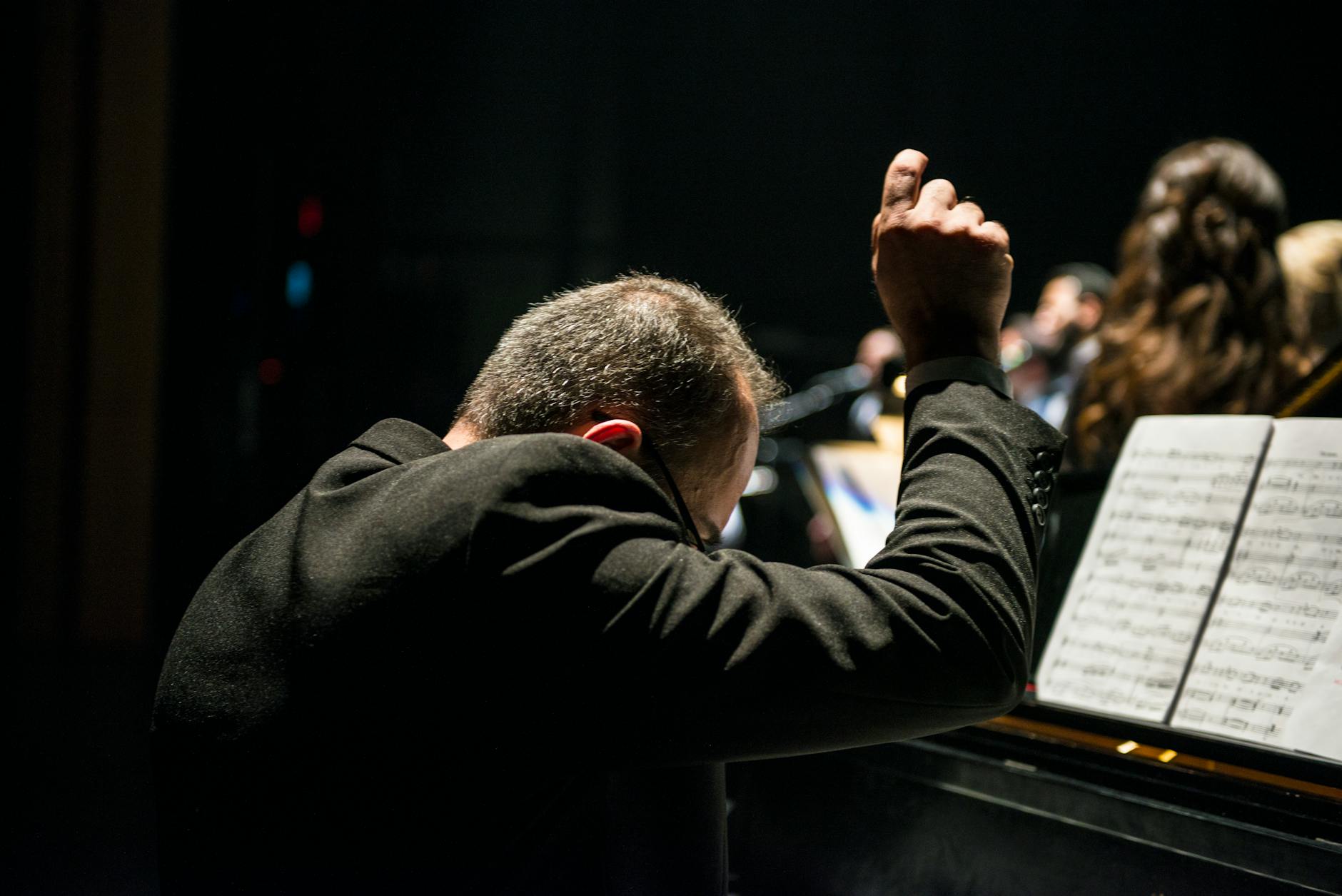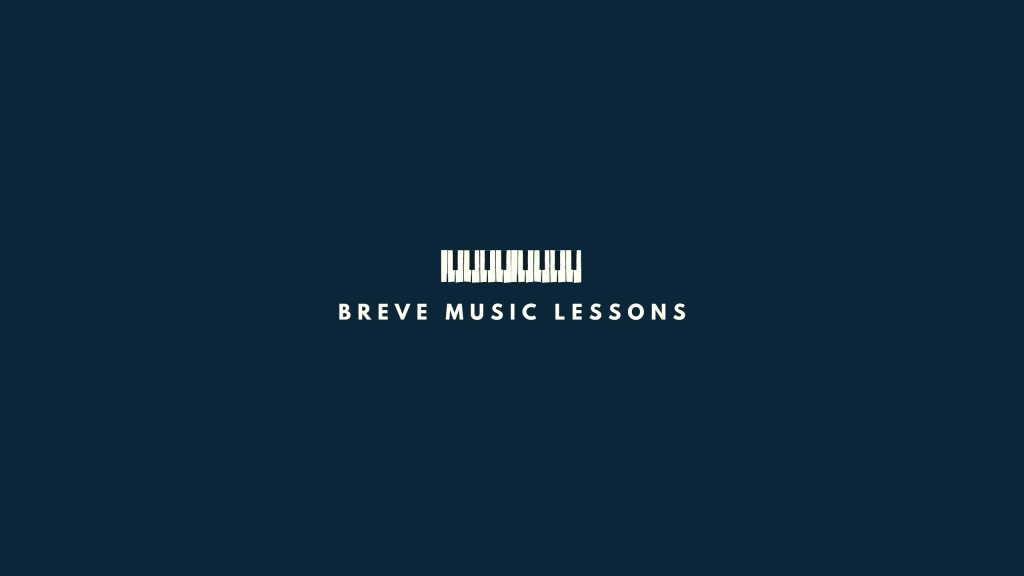Table of Contents
20 Best Classical Conductors Of All Time
Throughout the history of classical music, conductors have played a pivotal role in shaping the sound and interpretation of orchestral works. Their influence extends beyond mere baton-waving; they are the visionaries who bring composers’ intentions to life, guiding symphony orchestras through the intricate landscapes of music. This article explores the greatest conductors of all time, their contributions to classical music, and the impact they have had on the orchestral world.

Who are the best classical conductors of all time?
1. Leonard Bernstein (1918–1990)
Leonard Bernstein was an American conductor, composer, and pianist. Best known for West Side Story, Bernstein also led the New York Philharmonic and was renowned for his interpretations of Mahler. He played a pivotal role in bringing classical music to broader audiences, particularly through his televised “Young People’s Concerts.”
2. Herbert von Karajan (1908–1989)
An Austrian conductor, Karajan had a career spanning over six decades, closely associated with the Berlin Philharmonic. He is one of the most recorded conductors in history, noted for his meticulous technique and his interpretations of Beethoven, Wagner, and Richard Strauss.
3. Carlos Kleiber (1930–2004)
Known for his rare but powerful performances, Carlos Kleiber was one of the most enigmatic and revered conductors of the 20th century. His recordings of Beethoven’s symphonies and Der Rosenkavalier by Richard Strauss are regarded as benchmarks.
4. Claudio Abbado (1933–2014)
Abbado was an Italian conductor with a career that included leadership of the La Scala Opera and the Berlin Philharmonic. He was highly praised for his interpretations of a wide repertoire, from Italian opera to symphonies by Brahms and Mahler.
5. Arturo Toscanini (1867–1957)
Toscanini was an Italian conductor known for his fiery temperament and uncompromising musical standards. He led major orchestras, including the NBC Symphony, and was a champion of composers like Verdi and Wagner. His influence on modern conducting is immeasurable.
6. Gustav Mahler (1860–1911)
Although more famous as a composer, Mahler was also a leading conductor of his time. He conducted the Vienna Court Opera and the New York Philharmonic, with a particular focus on creating emotionally intense and deeply complex interpretations of both his own works and those of others.
7. Sir Georg Solti (1912–1997)
Hungarian-born Solti was best known for his tenure with the Chicago Symphony Orchestra, where he raised the orchestra to world-class status. His recording of Wagner’s Der Ring des Nibelungen is still considered one of the greatest recordings in classical music history.
8. Pierre Boulez (1925–2016)
A French composer and conductor, Boulez was a central figure in 20th-century avant-garde music. He was known for his precise, analytical conducting, especially of contemporary composers like Stravinsky, Schoenberg, and his own works.
9. Valery Gergiev (b. 1953)
A Russian conductor, Gergiev has been a dominant force in classical music, particularly noted for his passionate interpretations of Russian composers like Tchaikovsky, Prokofiev, and Shostakovich. He has held major posts, including at the Mariinsky Theatre and the London Symphony Orchestra.
10. Sir Simon Rattle(b. 1955)
A British conductor, Rattle has served as the music director of the Berlin Philharmonic and the London Symphony Orchestra. Known for his versatility and energetic interpretations, Rattle has been a strong advocate for both modern and traditional repertoires.
11. Wilhelm Furtwängler (1886–1954)
A German conductor known for his intense and emotionally driven interpretations, particularly of Beethoven, Bruckner, and Wagner. Furtwängler was associated with the Berlin Philharmonic and is often considered one of the greatest conductors of the 20th century. His controversial decision to remain in Germany during WWII adds complexity to his legacy.
12. Bruno Walter (1876–1962)
Born in Germany, Bruno Walter was one of the most beloved conductors of the 20th century. He was known for his lyrical interpretations of Mahler, whose works he championed, and for leading major orchestras such as the New York Philharmonic and the Vienna Philharmonic.
13. Otto Klemperer (1885–1973)
A German-born conductor, Klemperer was known for his authoritative and dramatic interpretations of Beethoven, Brahms, and Mahler. He was also instrumental in reviving the works of 20th-century composers, and he led major orchestras like the Philharmonia Orchestra in London.
14. Riccardo Muti (b. 1941)
An Italian conductor who has held prestigious positions with the Philadelphia Orchestra, La Scala, and the Chicago Symphony Orchestra. Muti is celebrated for his interpretations of Italian opera, particularly Verdi, and his deep understanding of the symphonic repertoire.
15. Zubin Mehta (b. 1936)
Born in India, Mehta is an internationally renowned conductor who has led the New York Philharmonic, the Los Angeles Philharmonic, and the Israel Philharmonic Orchestra. His broad repertoire and dynamic leadership have made him one of the most prominent conductors of his time.
16. Gustavo Dudamel (b. 1981)
A Venezuelan conductor known for his passionate and energetic style, Dudamel gained international fame as the music director of the Simón Bolívar Symphony Orchestra and later the Los Angeles Philharmonic. He is known for his dynamic interpretations of both classical and contemporary works.
17. Nikolaus Harnoncourt (1929–2016)
An Austrian conductor who was a pioneer in historically informed performance practice, Harnoncourt was known for his interpretations of Baroque and Classical repertoire. He founded the Concentus Musicus Wien and was a leading figure in the movement to use period instruments.
18. Mariss Jansons (1943–2019)
A Latvian conductor who gained international recognition as the music director of the Bavarian Radio Symphony Orchestra and the Royal Concertgebouw Orchestra. Jansons was praised for his precision and emotional depth in both the symphonic and operatic repertoire.
19. Yannick Nézet-Séguin (b. 1975)
A Canadian conductor who is currently the music director of both the Metropolitan Opera and the Philadelphia Orchestra. Nézet-Séguin is celebrated for his versatility, conducting everything from Romantic symphonies to contemporary opera.
20. Michael Tilson Thomas (b. 1944)
An American conductor, composer, and pianist, Tilson Thomas has been the longtime music director of the San Francisco Symphony and co-founded the New World Symphony, a training orchestra for young musicians. He is known for his advocacy of American composers and innovative programming.
Defining A Great Conductor
What defines a great conductor?
A great conductor is often defined by their ability to interpret and communicate the nuances of a score to the orchestra. This involves not only technical skill but also a deep understanding of the music’s emotional and historical context. The best conductors possess a unique blend of charisma, authority, and empathy, allowing them to connect with both the musicians and the audience. They must conduct with precision while also inspiring their orchestra to deliver a performance that transcends the written notes. The greatest conductors of all time have left an indelible mark on the classical music world, influencing generations of musicians and audiences alike.
How do conductors influence classical music?
Conductors wield significant influence over classical music through their interpretations of symphonies, operas, and chamber works. They shape the sound of the orchestra, deciding on tempo, dynamics, and phrasing, which can dramatically alter the character of a piece. For instance, a conductor’s interpretation of Mahler’s symphonies can vary widely, leading to different emotional responses from the audience. Furthermore, conductors often champion new music, introducing contemporary composers to the repertoire and ensuring that the evolution of classical music continues. Their role as music directors also extends to selecting repertoire, which can influence the cultural landscape of classical music in their respective cities and beyond.
What are the characteristics of top conductors?
Top conductors share several key characteristics that set them apart in the classical music world. They possess exceptional musicality, allowing them to understand and convey the intricacies of a score. Strong leadership skills are essential, as they must inspire and unify a diverse group of musicians within a symphony orchestra. Additionally, many of the best conductors have a background as instrumentalists or composers, giving them a comprehensive understanding of the music they conduct. Their ability to communicate effectively, both verbally and non-verbally, is crucial in conveying their artistic vision. Finally, adaptability is vital, as conductors must navigate the unique dynamics of each orchestra and performance setting.
What are the top recordings by the greatest conductors?
Which recordings are essential for classical music lovers?
For classical music lovers, certain recordings by the greatest conductors are essential listening. Bernstein’s interpretations of Mahler’s symphonies, particularly the Fifth and Ninth, are often regarded as definitive. Similarly, Rattle’s recordings with the Berlin Philharmonic, including works by contemporary composers, showcase the orchestra’s versatility and Rattle’s innovative approach. Other notable recordings include Herbert von Karajan’s interpretations of Beethoven and Brahms with the Berlin Philharmonic, which remain benchmarks in the classical music canon. These recordings not only highlight the artistry of the conductors but also serve as a testament to the exceptional talent of the orchestras they led.
How do recordings by different conductors compare?
Recordings by different conductors can vary significantly in interpretation, style, and emotional impact. For instance, a symphony conducted by Bernstein may emphasize lyrical phrasing and emotional depth, while a recording by a German conductor like Karajan might focus on precision and clarity. These differences can lead to diverse listening experiences, allowing audiences to appreciate the same piece of music from multiple perspectives. The unique qualities of each conductor’s style contribute to the richness of the classical music repertoire, providing listeners with a wealth of interpretations to explore.
What role do recordings play in preserving classical music?
Recordings play a crucial role in preserving classical music for future generations. They serve as a historical record of performances, capturing the artistry of both conductors and orchestras at specific moments in time. These recordings allow audiences to experience interpretations of works that may no longer be performed live, ensuring that the legacy of great conductors endures. Furthermore, recordings provide a valuable resource for musicians, offering insights into different conducting styles and interpretations. As technology continues to evolve, the accessibility of these recordings ensures that classical music remains a vibrant and integral part of our cultural heritage.
Who are the living conductors making an impact today?
Which contemporary conductors are considered the best?
Among the living conductors making a significant impact today, several stand out for their contributions to the classical music world. I’ve already mentioned Gustavo Dudamel, the principal conductor of the Los Angeles Philharmonic. He is known for his dynamic conducting style and commitment to community engagement. Similarly, Andris Nelsons, the music director of the Boston Symphony Orchestra, has garnered acclaim for his innovative programming and interpretations of both classical and contemporary works. Other notable contemporary conductors include Esa-Pekka Salonen and Marin Alsop, who continue to push the boundaries of orchestral music and inspire new generations of musicians.
How are today’s conductors shaping the future of orchestras?
Today’s conductors are shaping the future of orchestras by embracing diversity, innovation, and community engagement. They are increasingly focused on expanding the repertoire to include contemporary works and underrepresented composers, ensuring that orchestras remain relevant in a rapidly changing cultural landscape. Many conductors are also prioritizing outreach and education, working to connect with younger audiences and foster a love for classical music. This commitment to inclusivity and innovation is vital for the sustainability of orchestras, as they adapt to the evolving needs and interests of their communities.
What challenges do living conductors face in the classical music scene?
Living conductors face several challenges in the classical music scene, including competition for positions within major orchestras and the need to adapt to changing audience demographics. The classical music world is increasingly focused on attracting younger listeners, which requires conductors to rethink traditional programming and engagement strategies. Additionally, the financial pressures faced by many orchestras can limit their ability to invest in new projects and initiatives. Conductors today must navigate these challenges while remaining committed to their artistic vision, ensuring that classical music continues to thrive in the modern era.
Additional Reading
More blog posts can be found here. Consider following Breve Music Lessons on Facebook.
